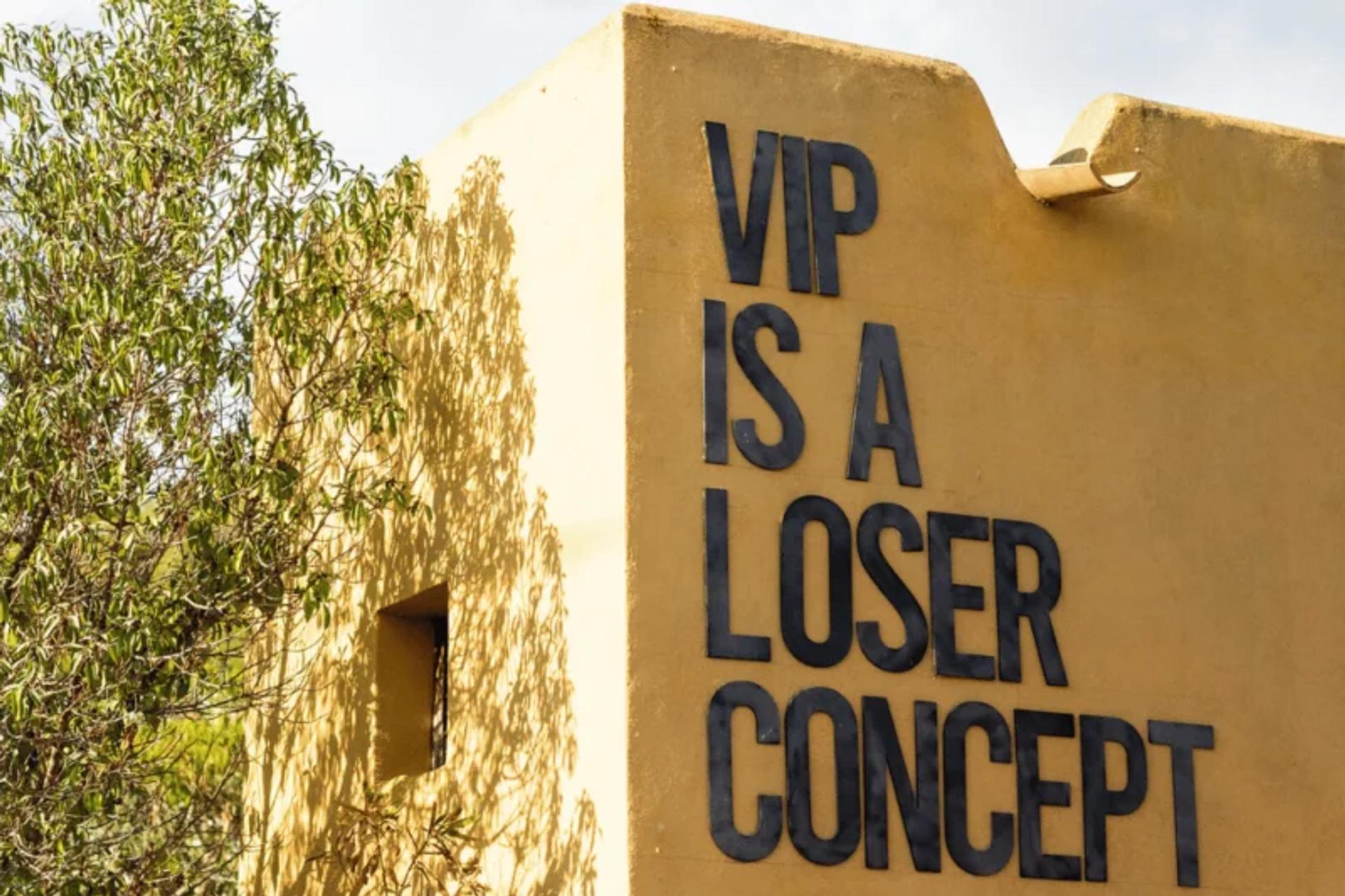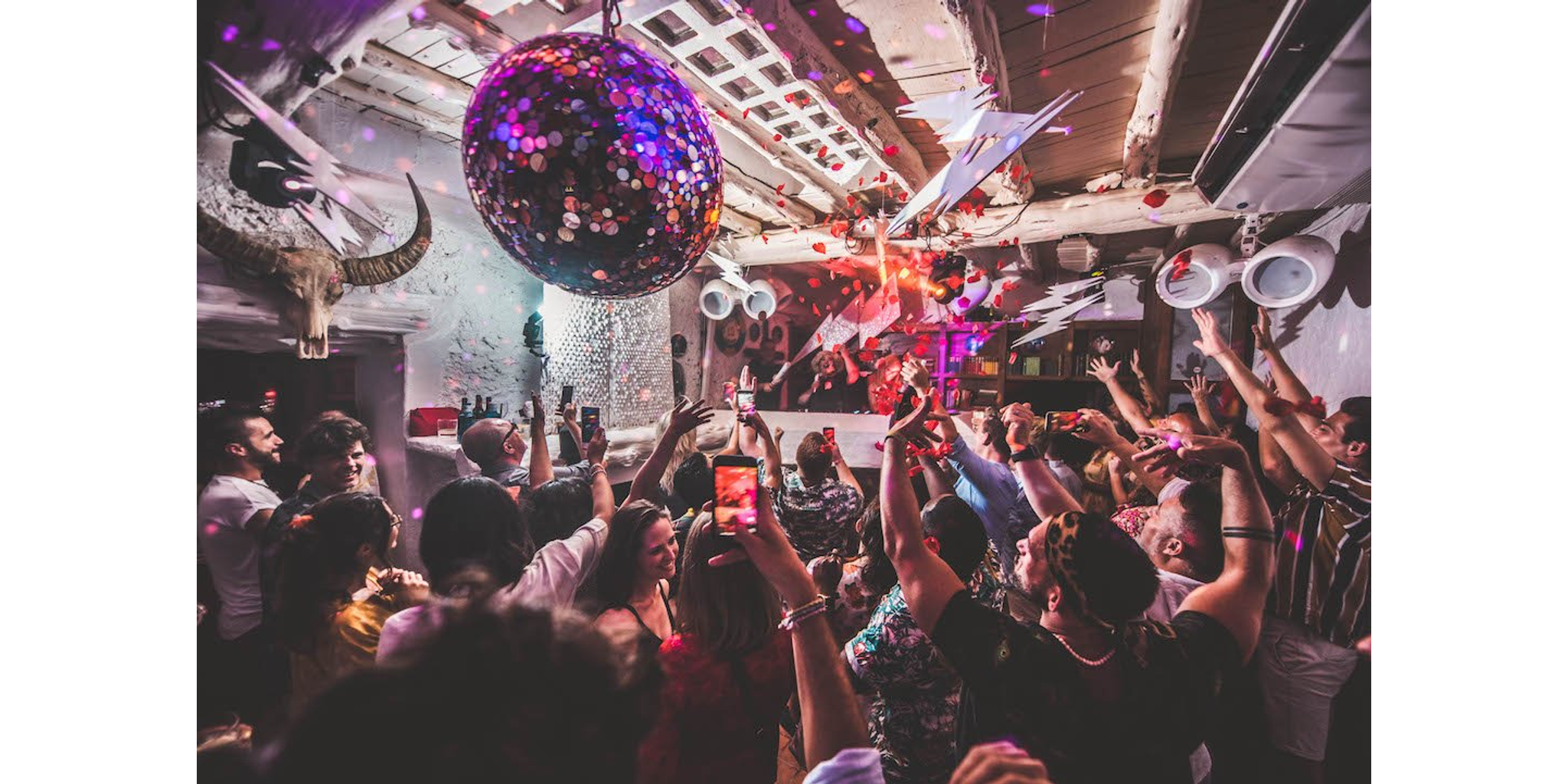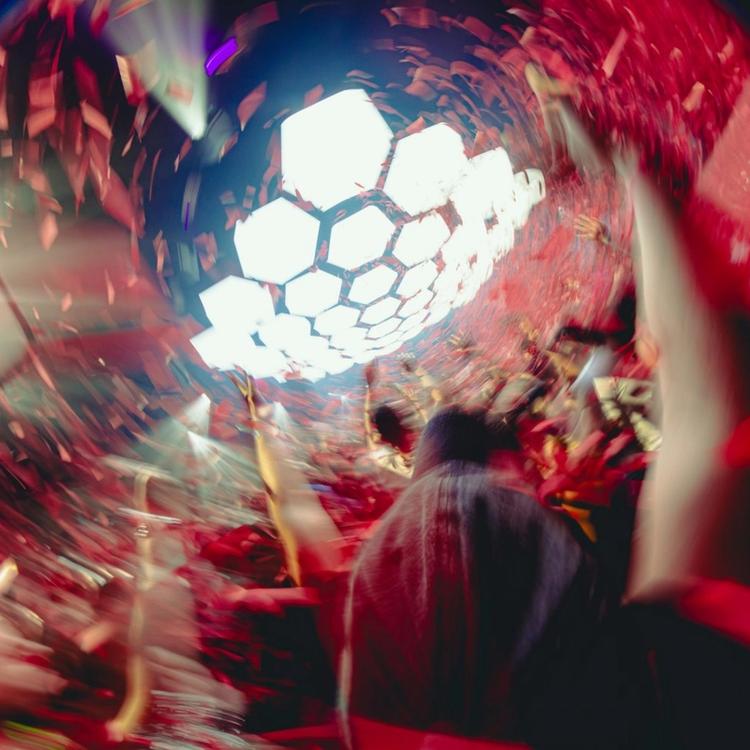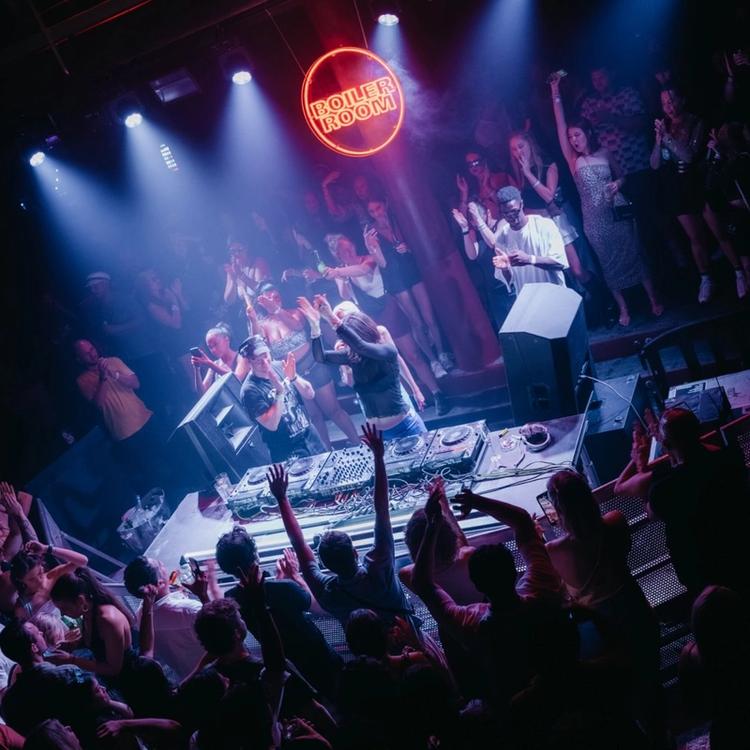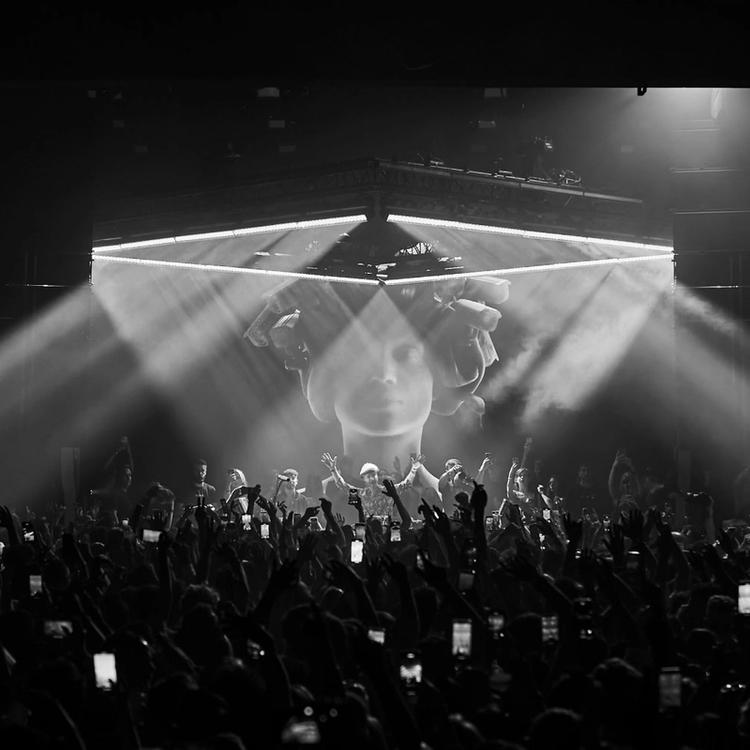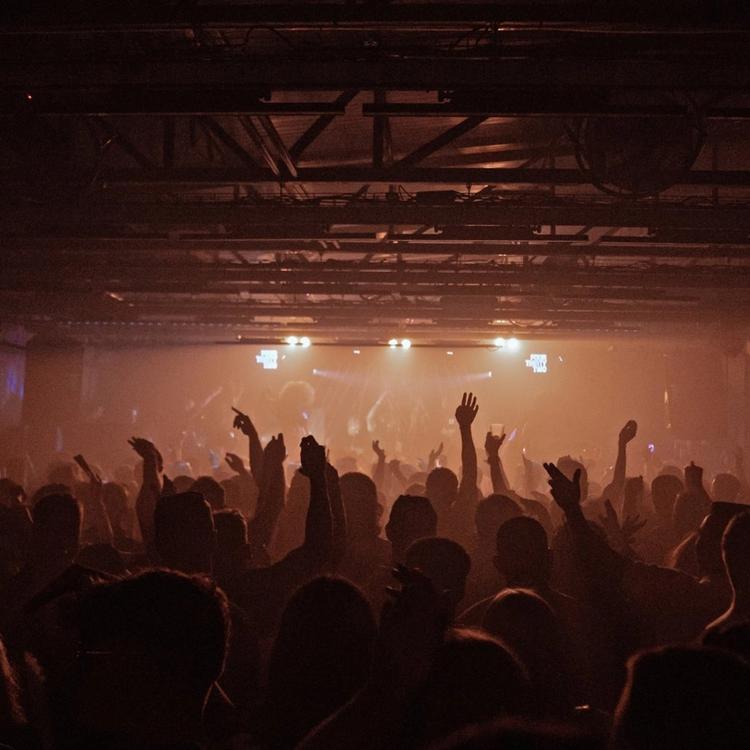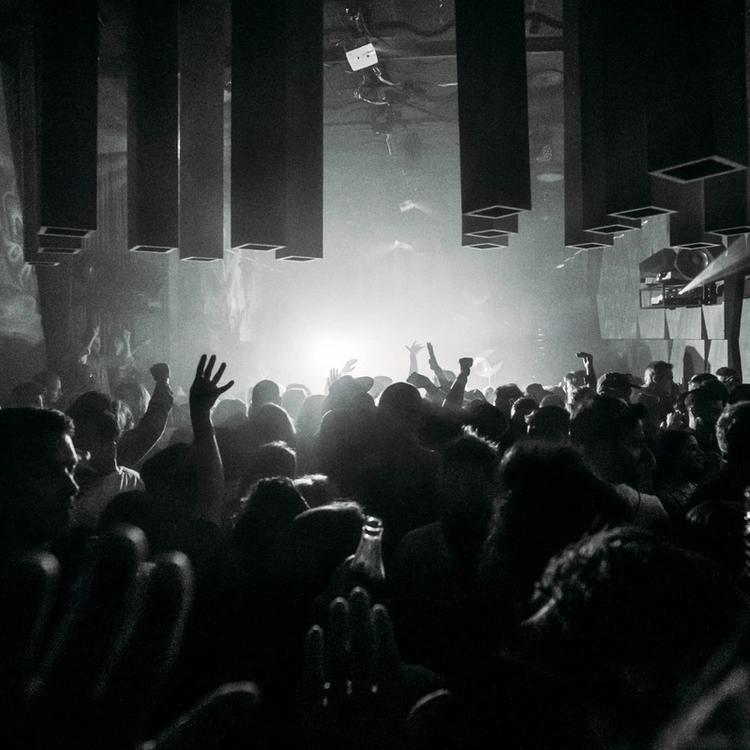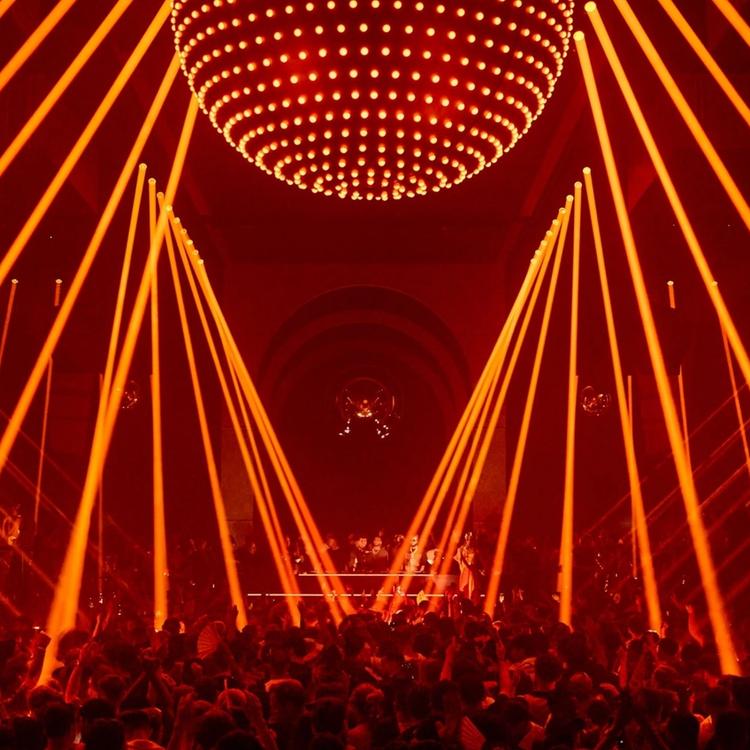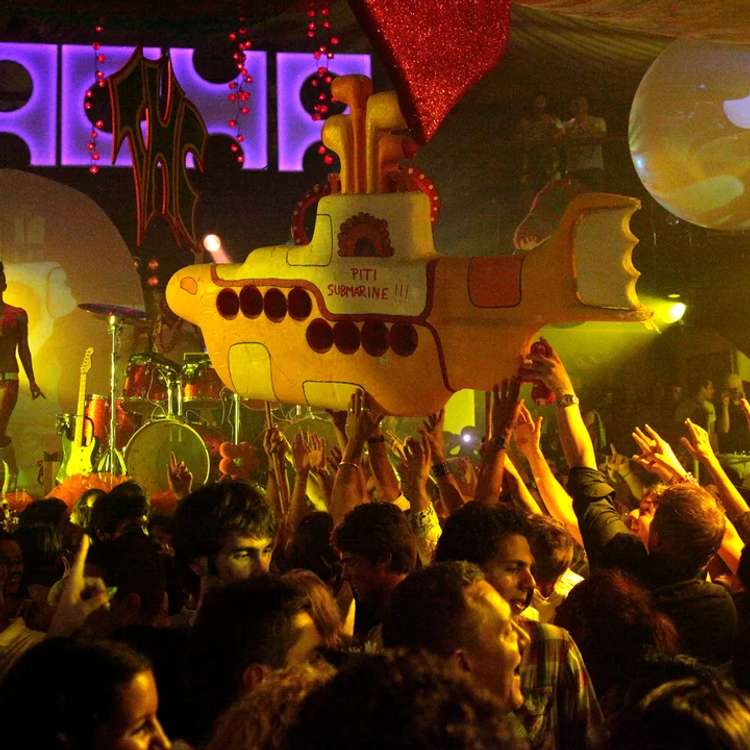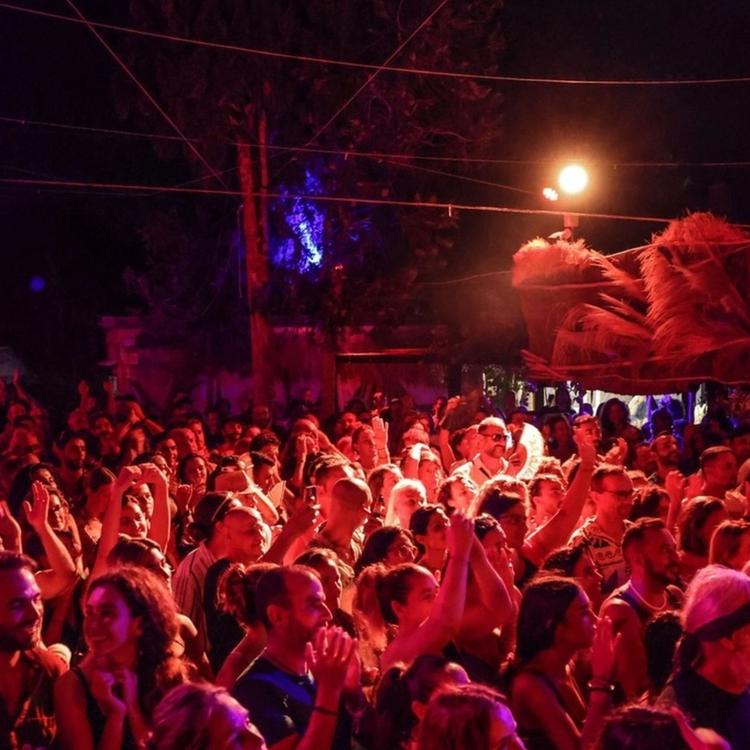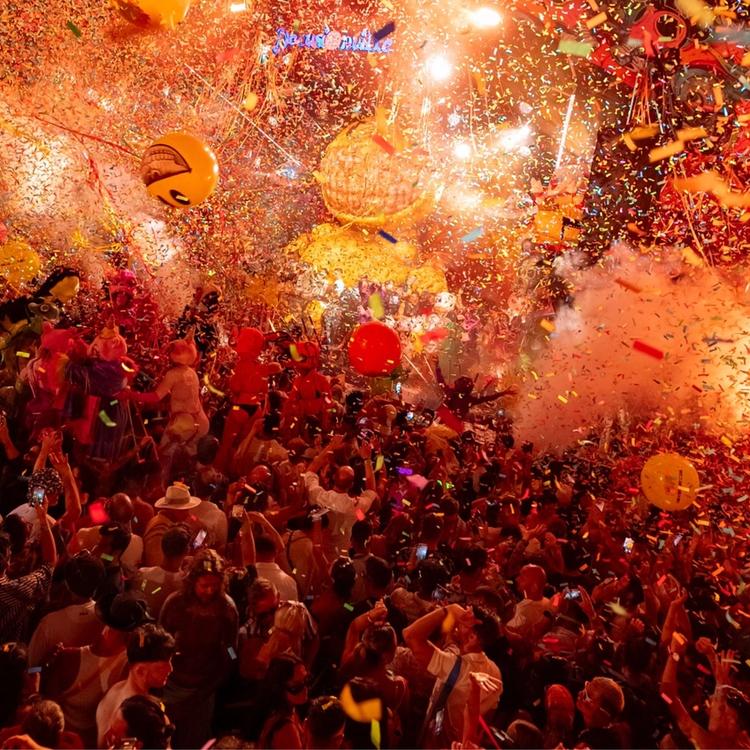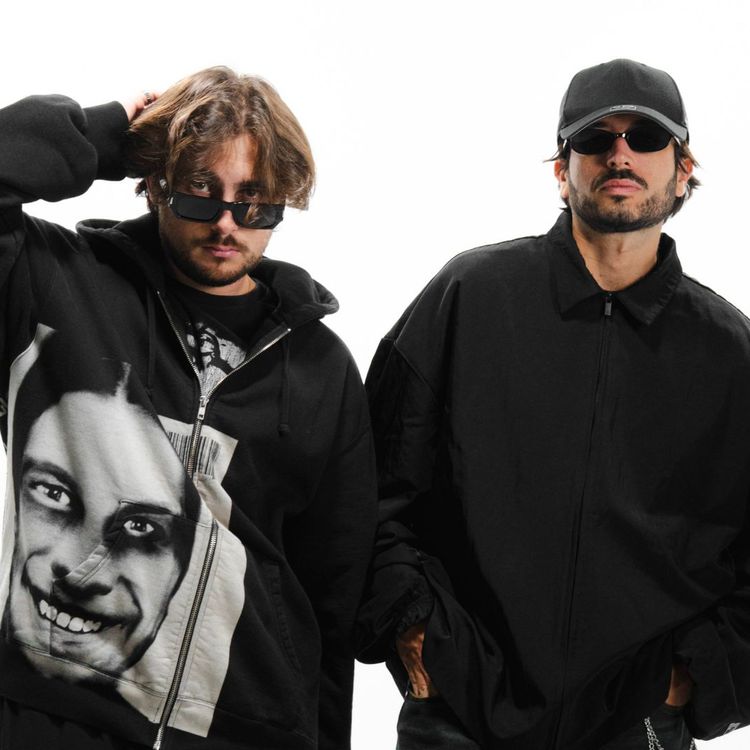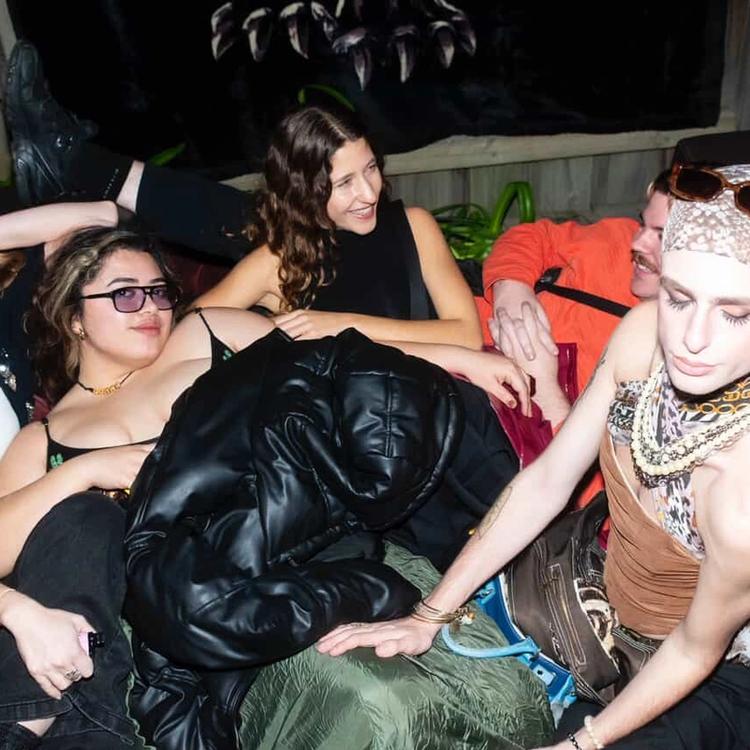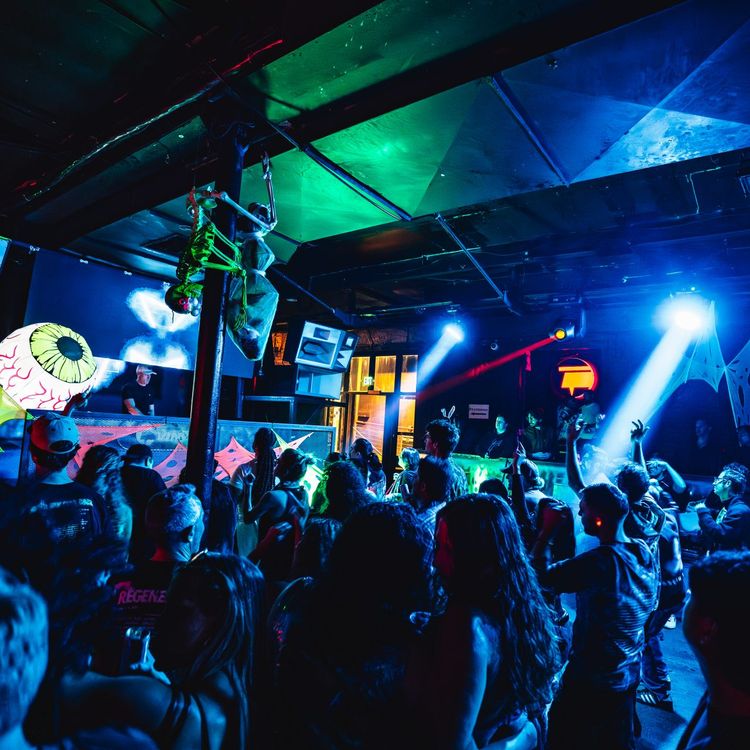The Origins of the VIP Culture in Ibiza: When Did Bottle Service Begin?
Ibiza wasn’t always the playground of millionaires and celebrities. Back in the 1970s, it felt more like a carefree haven than a luxury hotspot. The club scene started with an open-door feel, with a blend of laid-back freedom and creative energy. You’d find hippies, travelers, artists, and a few well-connected socialites all in the same place, dancing together under the warm Mediterranean sky. Nobody cared what you wore or where you came from. It was raw, spontaneous, and unpolished - the kind of vibe that didn’t need velvet ropes or VIP lists.
Over time, that spirit has been repackaged into something flashier, but the roots are still always about connection, rhythm, and the kind of nights that feel endless.
Pacha, Ibiza’s iconic nightclub established in 1973, subtly introduced what could be considered Ibiza’s earliest form of VIP culture - a small section reserved for friends and special guests of the club's owners. This early VIP experience was far from today's extravagance, based purely on personal connections rather than purchasing power. Celebrities like Mick Jagger and Bob Marley frequented these clubs, but their experiences were famously integrated rather than separated from everyday club-goers.
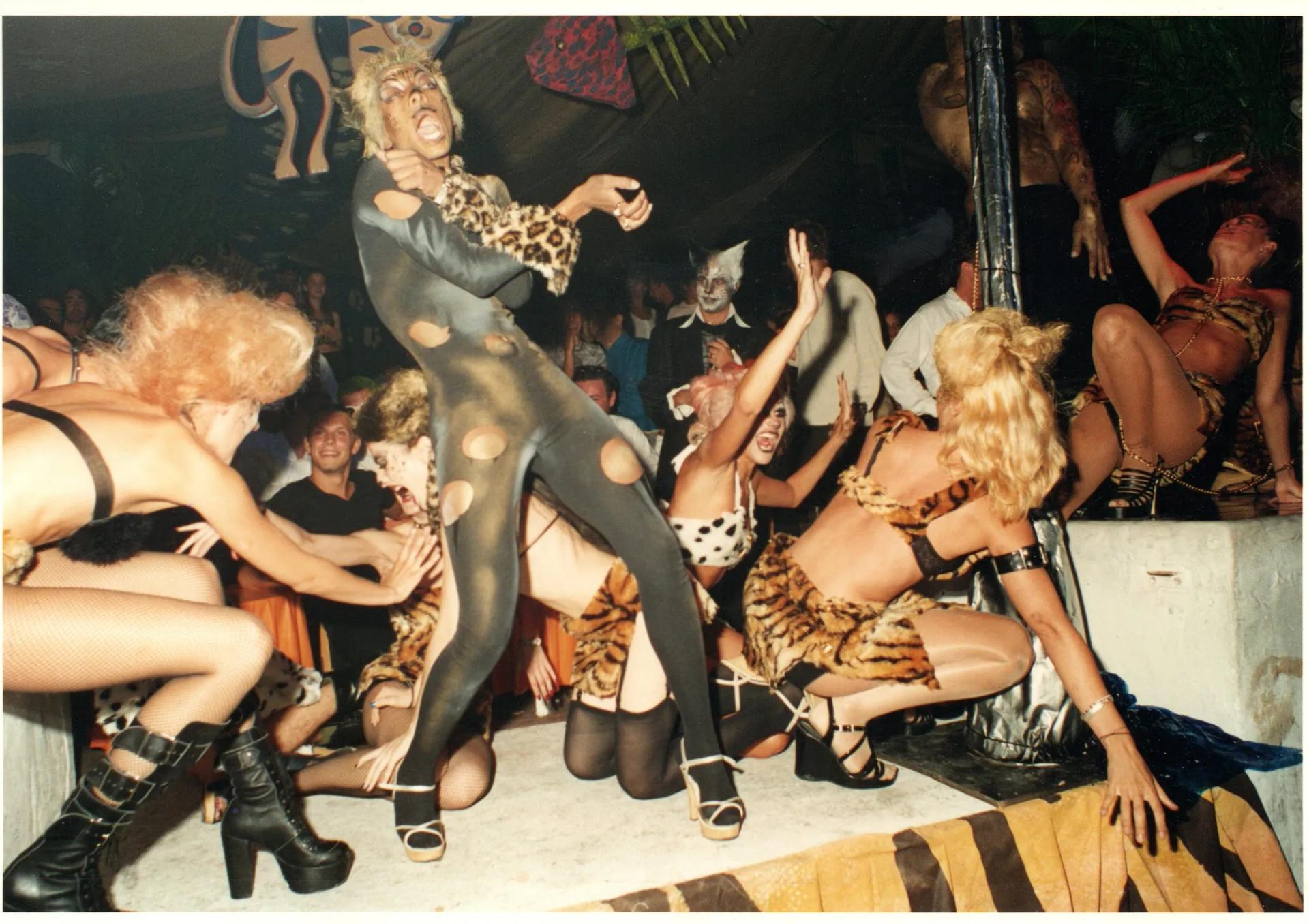
Throughout the late '70s and '80s, clubs such as Ku (now UNVRS) and the legendary Pikes Hotel embraced flamboyance and exclusivity in their own right, albeit privately. Ku hosted spectacular events with performances by stars like Grace Jones, while Pikes Hotel’s notorious parties, including Freddie Mercury’s 41st birthday in 1987, hinted at VIP decadence with lavish private celebrations and extravagant champagne-soaked indulgences. Yet, notably, these experiences remained invitation-only, distinctly different from today's commodified VIP table service.
The 1990s ushered in Ibiza’s golden "Superclub Era," defined by massive venues like Amnesia, Space, and Privilege. Despite their enormity, the culture remained predominantly democratic. The dancefloor was king, and DJs were the draw, rather than exclusive VIP experiences. Although clubs like Pacha continued hosting occasional celebrities in understated VIP areas, VIP culture was minimal and understated, essentially providing quiet corners for a select few rather than lavish, purchasable tables. Club nights such as Cream, Manumission, and Ministry of Sound dominated this era, focusing strongly on communal energy and music-centric experiences.
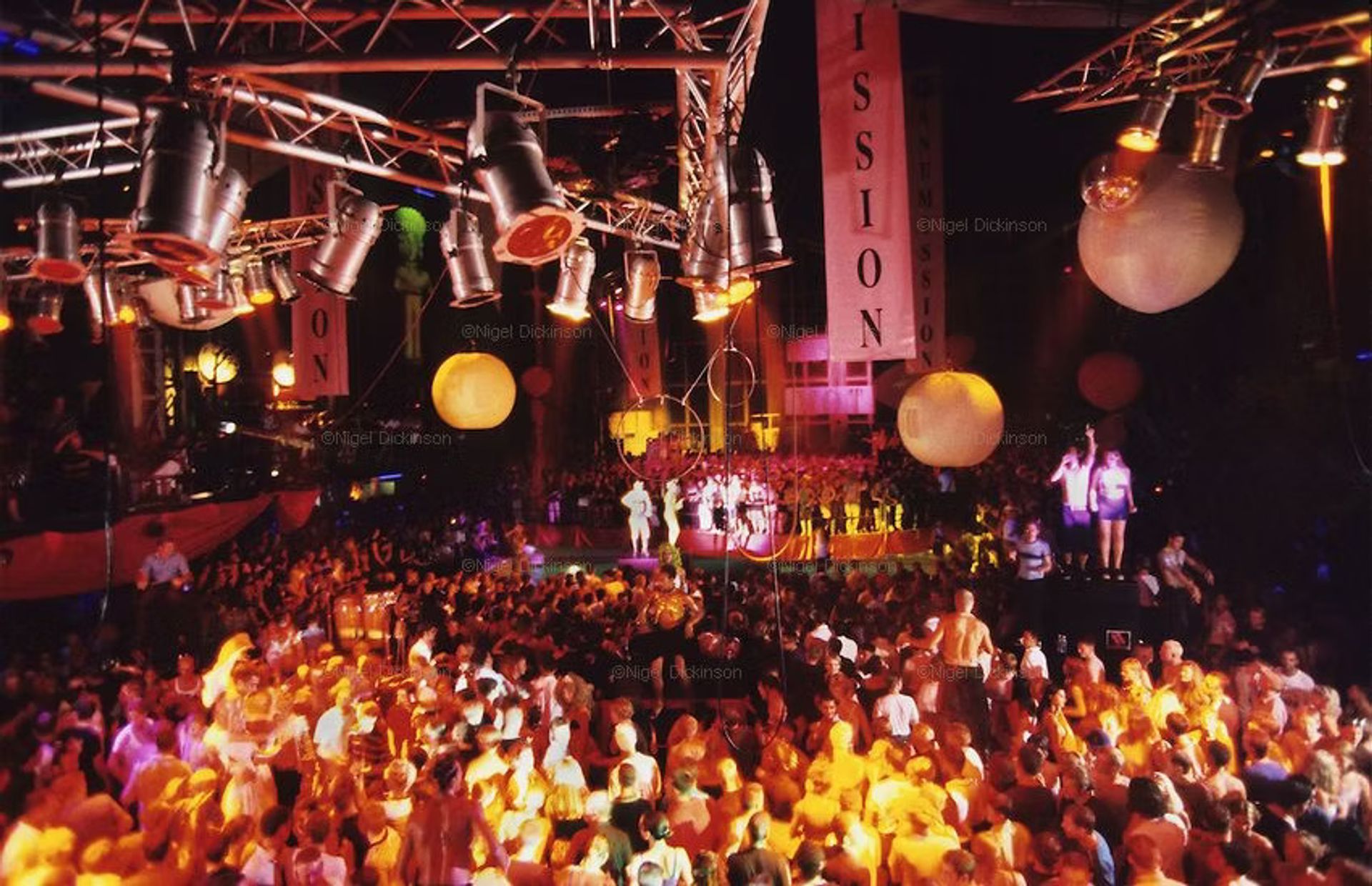
The real shift began in the early 2000s as global clubbing became increasingly commercialized and Ibiza began attracting a wealthier demographic. Superclubs, especially Pacha, recognized an emerging market of affluent tourists and industry elites prepared to pay premium prices for special privileges. Inspired by trends already booming in nightlife capitals like New York and Paris, Ibiza clubs embraced the concept of "bottle service" - where purchasing high-priced bottles of premium alcohol secured patrons exclusive tables and personalized service.
Pacha spearheaded this transition, developing significant areas of the club specifically designed for VIP bottle service. Other major clubs quickly followed suit. By mid-2000s, Amnesia, Privilege, and even traditionally less VIP-oriented clubs were incorporating and expanding dedicated bottle service areas. However, early adoption was tentative - initial VIP areas frequently catered to older clientele seeking respite from crowded dancefloors, rather than younger club-goers who still preferred communal dancing experiences.
The 2010s marked the definitive explosion of VIP culture and bottle service in Ibiza, propelled by the island's deliberate move toward luxury tourism and celebrity endorsement. Ushuaïa Ibiza, opening in 2011, embodied this new era - an upscale club-hotel explicitly catering to high-end VIP clientele with poolside tables, elaborate champagne rituals, and extravagant stage-side seating.
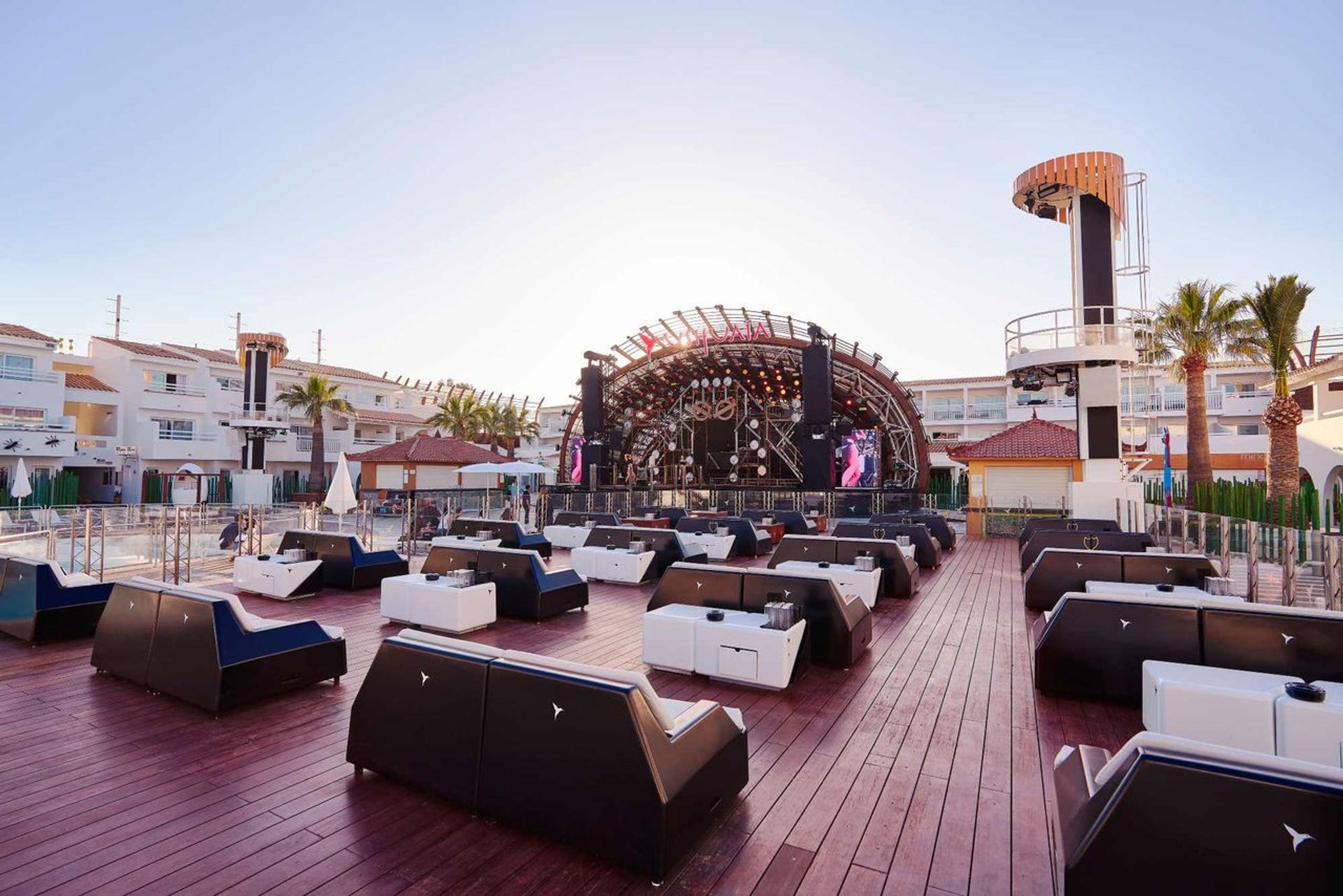
Celebrity appearances and residencies also played a crucial role in glamorizing and normalizing VIP culture. High-profile figures like Paris Hilton, whose DJ residency at Amnesia brought significant media attention, helped transform the perception of Ibiza into an exclusive playground for the global elite. Social media accelerated this transformation, creating a generation eager to showcase their VIP experiences online.
Financially, clubs discovered bottle service and VIP tables were hugely profitable. Prices skyrocketed, with prime VIP tables in venues such as Pacha commanding minimum spends in the thousands of euros. By the late 2010s and early 2020s, this luxury market dominated Ibiza's nightlife economy, with private jet arrivals reaching unprecedented levels as the ultra-rich flocked to the island to experience its exclusive nightlife.
Today, Ibiza’s club scene reflects this dual identity - maintaining its roots as a global dance music destination while fully embracing its modern image as a high-end luxury party hub. The island’s nightlife is now stratified across multiple tiers of VIP, ranging from standard bottle service tables to ultra-exclusive secret areas accessible only to a select few.
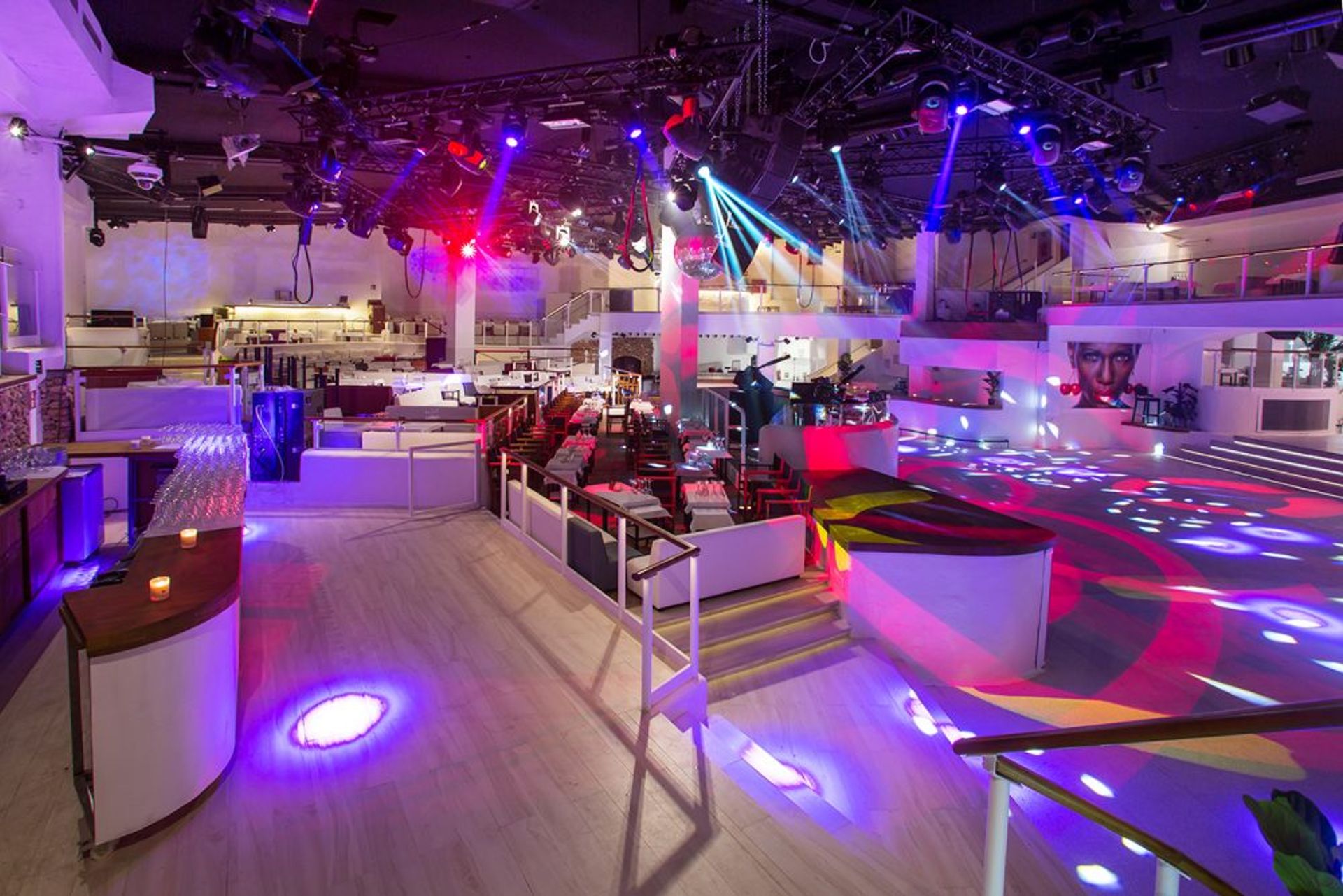
Yet, this transition has sparked significant debate. Influential figures within the Ibiza community, including renowned DJs Carl Cox and David Morales, express concerns about the emphasis on exclusivity potentially compromising the island’s original inclusive ethos. Critics argue that excessive VIP segmentation risks stifling creativity and limiting opportunities for emerging talent.
Balancing this, venues like DC-10 proudly uphold an underground spirit by explicitly rejecting bottle service and VIP booths, remaining true to the island’s original, more democratic vision. Additionally, nights like Pacha’s iconic Flower Power continue to celebrate Ibiza’s communal spirit, bringing diverse crowds together on a single dancefloor reminiscent of earlier times.
Ultimately, the emergence and evolution of VIP and bottle service culture in Ibiza reflect broader global trends in nightlife entertainment and luxury tourism. What began modestly in Pacha’s private corners in the 1970s evolved significantly through commercialization in the 2000s and exploded in the luxury-driven 2010s. Ibiza today is both a place for mass celebration and elite exclusivity, embodying the tensions and triumphs of modern club culture.
